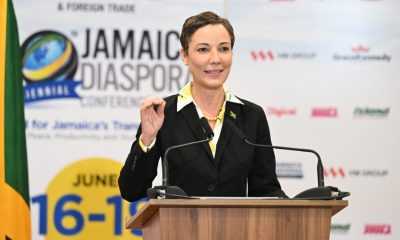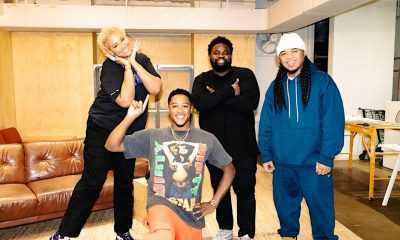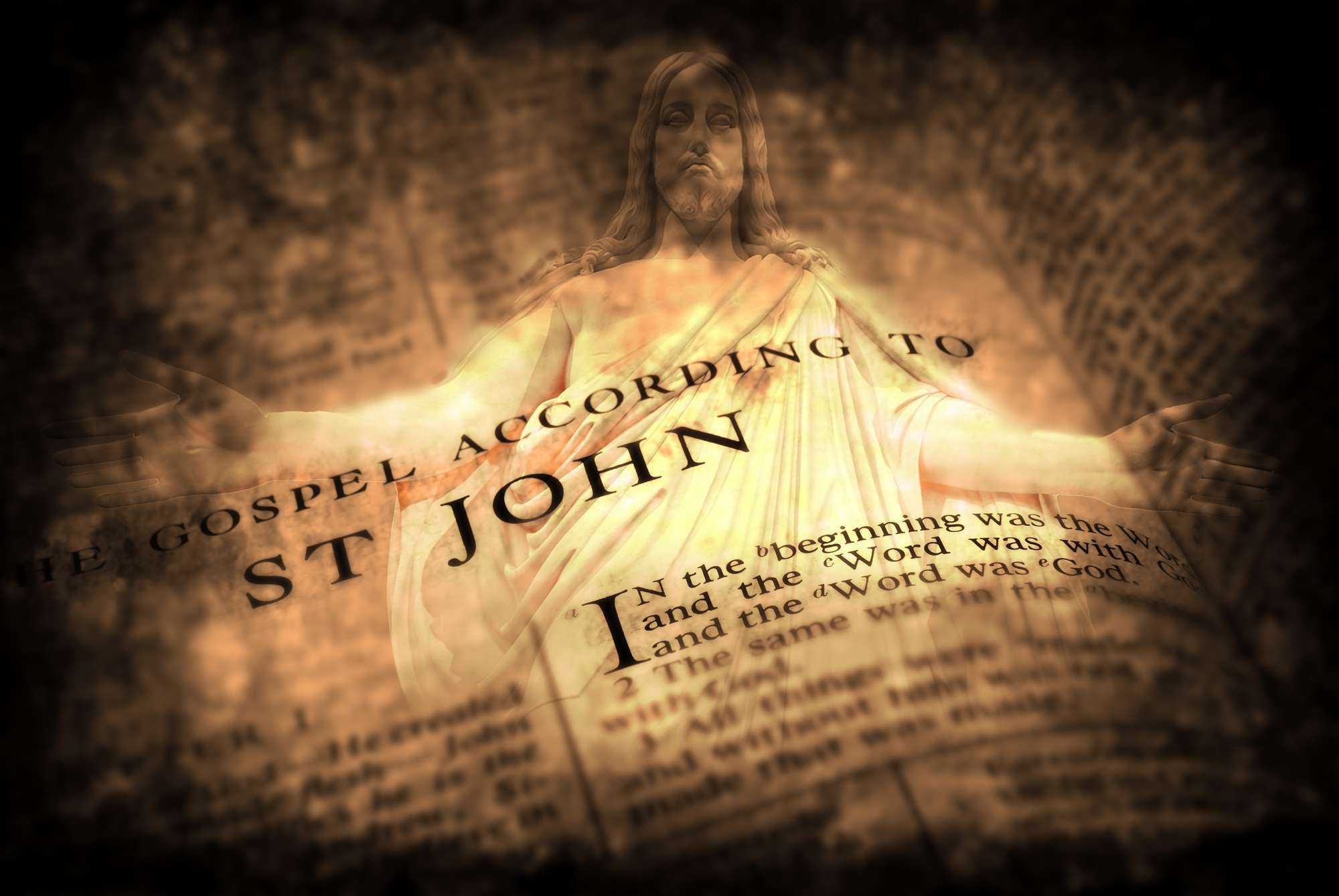BY ERROL A. GIBBS
This brief treatise is to awaken and enlighten the world to the great benefits to humankind when we acknowledge the noticeable and the extraordinary attributes of our “Mothers of Civilization.” People may attempt to create a distinction between “women” and “mothers,” but empirical observation teaches that childbearing, though central to “motherhood,” does not fundamentally exclude “womanhood.”
The “heart” of a mother goes beyond critically looking at parenthood ―indistinguishable from womanhood. Women nurture children, whether they are childbearing mothers or they have never experienced motherhood. They are neither jealous nor envious of their counterpart with children. Instead, they embrace the offspring of other women with their “head” and “heart” as though they are the “fruit of their womb.”
Despite the diverse representations of women in the postmodern era, undeniable, women desire love and inclusion into the fraternity of sisterhood, friendship, marriage, motherhood, family, and fidelity. Women principally keep their marriages, families, communities, and nations together. They have a boundless capacity to imbue love and happiness in the lives of their partners, children, and their larger circle of family and friends. Hence, empowering women benefits the whole of humanity.
“No language can express the power, and beauty, and heroism, and majesty of a mother’s love. It shrinks not where man cowers and grows stronger where man faints, and over wastes of worldly fortunes sends the radiance of its quenchless fidelity like a star” ― Edwin Hubbell Chapin (1814–1880).
“A father may turn his back on his child, brothers, and sisters may become inveterate enemies; husbands may desert their wives, wives their husbands. But a mother’s love endures through all” ―Washington Irving (1783–1859).
When future generations examine the “flight recorder” of human history, they will discover an essential piece of the human chronicle ―the institutional methods that the males of the species have used to dominate every aspect of human existence. Paradoxically, six thousand years of the records of history will testify to great male leadership on the one hand and high “moral failure” on the other hand. Historians would tender that men had occupied near every position of leadership and authority in the world for centuries.
Throughout history, women have faced challenges, from labor, social, and economic exclusion to gender and sexual exploitation to political and corporate exclusion. Women have experienced barriers because of their race, religion, language, culture, colour, education, status, and stature. They have agitated for equality, peace, and justice in various movements, including (but not limited to) the suffrage movement of the early 1800s to the mid-1900s, the women’s rights movement, rebellion and feminism, and for gender equality.
Over one hundred years ago, in 1909, the recognition of women’s place in society began through National Women’s Day. First celebrated in 1911, March 8, 2020, will mark another historic International Women’s Day. Unknowingly, the benevolence of women has always been the key to human survival, in stark denial of the legacy of their exceptional achievements in history, but not without some controversy as well. Can civilization progress without the voices of our nurturing and caring mothers?
A meaningful measure of human progress is the status of women as co-equals, co-partners, and co-owners, working together with their male counterparts to create a happier and healthier world for the present and future generations. Women are the original builders of civilization. In periods of international conflict, women heal felled soldiers in battle. In times of family turmoil, women stand between fathers and sons. When the child cries at midnight, the mother awakens to attend to its needs.
“Since a time has come, Mademoiselle, when the severe laws of men no longer prevent women from applying themselves to the sciences and other disciplines, it seems to me that those of us who can, should use this long-craved freedom to study and to let men see how greatly they wronged us when depriving us of its honor and advantages” ―Louise Labé (1524–1566).
The legacies of great women of yesteryear live on in new generations of women in every profession that once were the domain of men. Women are finding their place in the halls of academia, from science and technology to engineering, medicine, law, and politics. Women offer the best proposition as even-keeled from the ground floor to positions of Chief Executive Officers (CEOs), and Prime Ministers and Presidents.
Applaud goes out to Sanna Mirella Marin, a Finnish politician who has been serving as the Prime Minister of Finland since December 10th, 2019. Marin is all set to become the world’s youngest prime minister who will run a coalition cabinet, led by women ―four of them are in their 30’s (New Delhi. December 10th, 2019, 19:47 IST) (Abridged).
The male genius tends to lead from the “head” ―hence significant advancements in science and technology, space exploration, and growth in industrial complexes. Conversely, women lead with “heart,” “head,” and “soul.” They lead with spirit, integrity, and authenticity. Holding the world together, our “Mothers of Civilization” can create the essential human ecosystems that undergird the quest for a happier, peaceful, secure, and sustainable world.


 Community News2 weeks ago
Community News2 weeks ago
 Community News2 weeks ago
Community News2 weeks ago
 Community News2 weeks ago
Community News2 weeks ago
 Community News2 weeks ago
Community News2 weeks ago
 Community News2 weeks ago
Community News2 weeks ago
 Community News2 weeks ago
Community News2 weeks ago
 Junior Contributors7 days ago
Junior Contributors7 days ago
 The Poetic Word7 days ago
The Poetic Word7 days ago

























